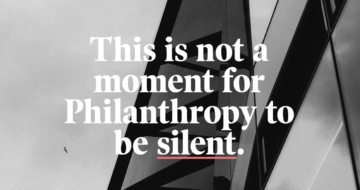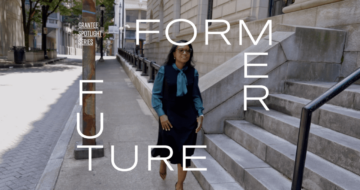We are familiar with the statistics: over 2.3 million people sit in our nation’s jails and prisons; another 18 million have prior felony convictions; and, nearly half of U.S. children have a parent with a criminal record.
America’s response to crime has fallen short of delivering safety in the communities hardest hit by crime and violence. Relying on incarceration as an intervention too often increases the likelihood that someone is later reconvicted while local interventions, which seldom receive comparable investment, are more likely to get people back on track and improve community safety.
Thankfully, we are beginning to see innovative solutions bubble up at the community level. Yet too few philanthropic dollars go to those working in the communities we all hope to change. Recent research from Peak Grantmaking found that a mere 7 percent of philanthropic dollars are awarded to groups that specifically serve people of color and others who are part of America’s diverse population and that only half of surveyed philanthropies even collect demographic data on the organizations they support or reject. We must do better. We must center our work around those who are most proximate to the very issues we are looking to solve.
As funders and abolitionists, we must embrace risk and nurture innovative ideas. Our team at Public Welfare Foundation is learning of more programs that, despite being woefully underfunded, are working to heal and transform communities. Heroes exist in the very neighborhoods that we relegate for being riddled with crime and violence. It is time to resource these leaders and let them bring us into a new era of restoration and redemption. It is through this focused effort that we will be able to achieve far greater impact in the total overhaul of the systems that were created to marginalize and contain our nation’s most vulnerable populations.



